
Sylvia
Year: 2003
Runtime: 110 min
Language: English
Director: Christine Jeffs
A man's desire for a settled life and new romance is challenged by the unexpected persistence of Sylvia, an imaginary companion from his childhood. As he attempts to move forward, Sylvia resists, blurring the boundaries between his dreams and reality. He finds himself grappling with his past and confronting unsettling truths about himself, ultimately forced to choose between a hopeful future and the familiar comfort of his imaginary friend.
Warning: spoilers below!
Haven’t seen Sylvia yet? This summary contains major spoilers. Bookmark the page, watch the movie, and come back for the full breakdown. If you're ready, scroll on and relive the story!
Sylvia (2003) – Full Plot Summary & Ending Explained
Read the complete plot breakdown of Sylvia (2003), including all key story events, major twists, and the ending explained in detail. Discover what really happened—and what it all means.
Born in Boston, Massachusetts in 1932, Sylvia Plath demonstrated a precocious talent for writing, publishing her first poem at the age of eight and facing the heartbreak of her father’s death the same year. Her path through school was marked by distinction at Smith College, where she earned a literary scholarship in 1950, but beneath the academic shine she battled severe depression, even attempting suicide during her junior year. Her resilience carried her across the Atlantic when, in 1955, she received a Fulbright Scholarship to study in England at the University of Cambridge.
The film opens with a quiet, intimate glimpse of Plath as she drifts from sleep to wakefulness, a mood that threads through her Cambridge years. While there she rides a red bicycle through campus life, donning an academic gown, and attends a party that marks the publication of a literary magazine called St. Botolph’s. It is at this gathering that she encounters the captivating young poet Ted Hughes. Their immediate chemistry becomes the engine of a rapid, intense romance that escalates into marriage in 1956, a union that transports them first to Massachusetts to stay with her mother Aurelia, and later across the Atlantic back to England.
Back in the States, both of them teach at Smith College, but it soon becomes clear that Hughes’s magnetism, talent, and fame attract more than their peers’ admiration—there is a tension that begins to simmer around Plath’s own writing ambitions. The couple moves from Boston to London and then to Devon, where Sylvia Plath raises their two children while living in her husband’s professional shadow as she fights to carve out her own voice. The film highlights how crowded this orbit can feel, with others drawn to Hughes’s charisma and success even as Plath strains to find her place.
A turning point comes after a visit from David and Assia Wevill, an encounter that intensifies the strain in their marriage. Plath openly accuses Ted Hughes of infidelity, reacts with a fierce resolve, and ultimately ejects him from their home. In the ensuing months, she channels her pain into the poems that will later appear in her landmark Ariel collection, a body of work that many readers now see as a culmination of her fierce, unflinching voice. She then moves back to London with her children, striving to sustain both family and craft amid mounting personal conflict.
The holiday season brings a painful closeness as Hughes returns home for Christmas and the two share a moment of intimacy; yet the film makes clear that he cannot leave Assia, who is pregnant, adding another layer of tragedy to the narrative. In a stark, haunting sequence, Plath prepares for the unthinkable—sealing the gas oven to end her life. A nurse arrives to take the children away, and Hughes confronts the stark truth of his wife’s dying manuscript left on her desk. The closing moments of the film underscore the enduring resonance of her work: her Ariel poems bring her lasting fame, while Hughes would later respond in the 1998 collection Birthday Letters, published just before his own death.
This portrait blends biographical detail with a lyrical sense of atmosphere, inviting viewers to witness how a gifted writer balances love, art, and the ache of unmet expectations. The film makes clear that the two people at its heart—Sylvia Plath and Ted Hughes—shaped each other’s legacies in ways that feel both intimate and universal, even as their lives spiral toward tragedy. The result is a nuanced, moving meditation on creativity under pressure, the costs of ambition, and the enduring power of a voice that refuses to fade.
Last Updated: November 22, 2025 at 15:58
Explore Movie Threads
Discover curated groups of movies connected by mood, themes, and story style. Browse collections built around emotion, atmosphere, and narrative focus to easily find films that match what you feel like watching right now.
Tragic artistic biographies like Sylvia
Unflinching portraits of brilliant creators consumed by their inner turmoil.Movies like Sylvia that explore the lives of brilliant but troubled artists. If you were moved by the depiction of creative genius shadowed by personal demons, these similar biographical dramas about tragic poets, painters, and musicians will resonate deeply.
Narrative Summary
These narratives typically follow a linear or reflective path charting an artist's life, focusing on their creative process, key relationships, and the internal struggles—often depression, addiction, or obsession—that lead to a tragic, often premature, end. The story is less about triumph and more about the poignant cost of a singular talent.
Why These Movies?
Movies are grouped here for their shared focus on real-life artists, a melancholic and intense tone, heavy emotional weight, and a tragic conclusion. They balance lyrical beauty with the stark reality of mental health battles.
Movies about painful marital breakdowns like Sylvia
Intimate stories of love collapsing under the weight of betrayal and despair.If the portrayal of a complex, deteriorating marriage in Sylvia captivated you, these films offer similarly intense and heavy explorations of relationships crumbling under infidelity, mental health struggles, and unfulfilled dreams.
Narrative Summary
The narrative pattern follows a couple's journey from a state of connection into a vortex of conflict, often triggered by infidelity, creative rivalry, or mental illness. The story examines the perspectives of both parties, building a sense of claustrophobic inevitability as the bond fractures beyond repair.
Why These Movies?
These films are united by their primary focus on a failing central relationship, high emotional intensity, a steady pacing that allows for deep character exploration, and a melancholic or bleak tone that results in a sad or bittersweet ending.
Unlock the Full Story of Sylvia
Don't stop at just watching — explore Sylvia in full detail. From the complete plot summary and scene-by-scene timeline to character breakdowns, thematic analysis, and a deep dive into the ending — every page helps you truly understand what Sylvia is all about. Plus, discover what's next after the movie.
Sylvia Timeline
Track the full timeline of Sylvia with every major event arranged chronologically. Perfect for decoding non-linear storytelling, flashbacks, or parallel narratives with a clear scene-by-scene breakdown.

Characters, Settings & Themes in Sylvia
Discover the characters, locations, and core themes that shape Sylvia. Get insights into symbolic elements, setting significance, and deeper narrative meaning — ideal for thematic analysis and movie breakdowns.

Sylvia Spoiler-Free Summary
Get a quick, spoiler-free overview of Sylvia that covers the main plot points and key details without revealing any major twists or spoilers. Perfect for those who want to know what to expect before diving in.

More About Sylvia
Visit What's After the Movie to explore more about Sylvia: box office results, cast and crew info, production details, post-credit scenes, and external links — all in one place for movie fans and researchers.

Similar Movies to Sylvia
Discover movies like Sylvia that share similar genres, themes, and storytelling elements. Whether you’re drawn to the atmosphere, character arcs, or plot structure, these curated recommendations will help you explore more films you’ll love.
Explore More About Movie Sylvia
Sylvia (2003) Scene-by-Scene Movie Timeline
Sylvia (2003) Movie Characters, Themes & Settings
Sylvia (2003) Spoiler-Free Summary & Key Flow
Movies Like Sylvia – Similar Titles You’ll Enjoy
Sibyl (2020) Plot Summary & Ending Explained
My Sex Life... or How I Got Into an Argument (1997) Film Overview & Timeline
Preparations to be Together for an Unknown Period of Time (2021) Full Movie Breakdown
Memory (2023) Full Summary & Key Details
Sylvia (2018) Spoiler-Packed Plot Recap
Sibyl (2019) Complete Plot Breakdown
Sick Sick Sick (2019) Full Movie Breakdown
Silip (2007) Spoiler-Packed Plot Recap
Identification of a Woman (1982) Movie Recap & Themes
Passion (1986) Plot Summary & Ending Explained
Sylvia (1965) Film Overview & Timeline
Love & Sex (Sappho 1963) (1964) Full Summary & Key Details
Sappho (2008) Detailed Story Recap
Sappho Darling (1968) Plot Summary & Ending Explained
Sylvia Scarlett (1935) Detailed Story Recap

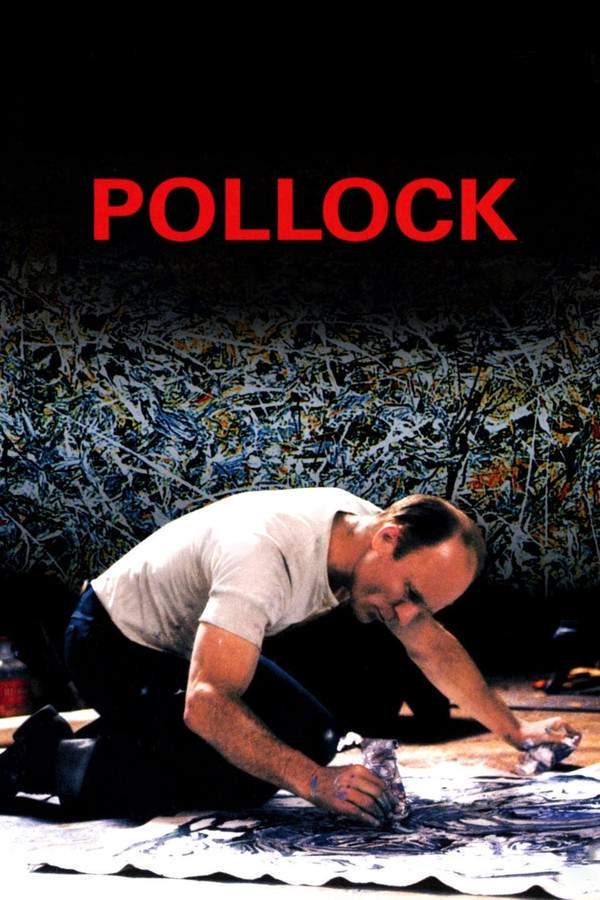
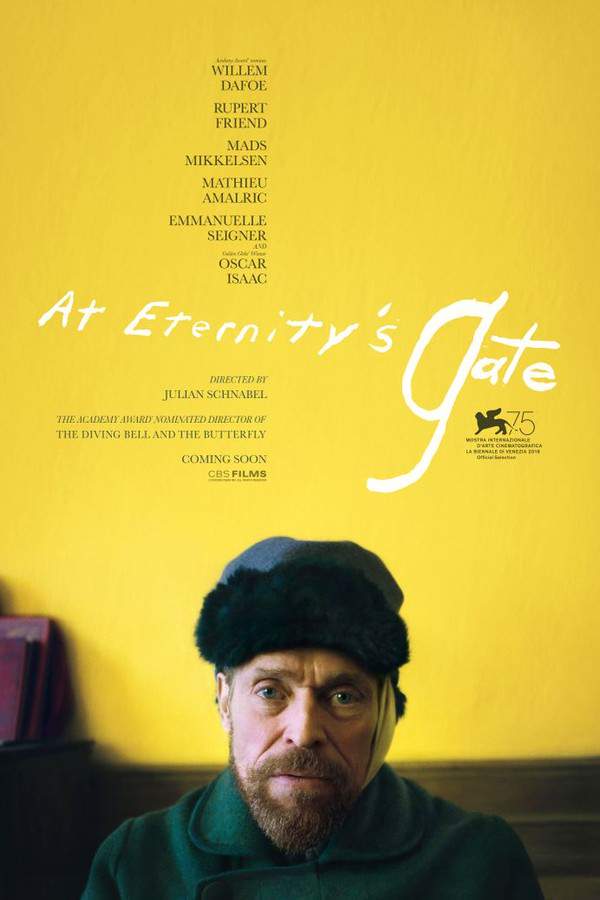
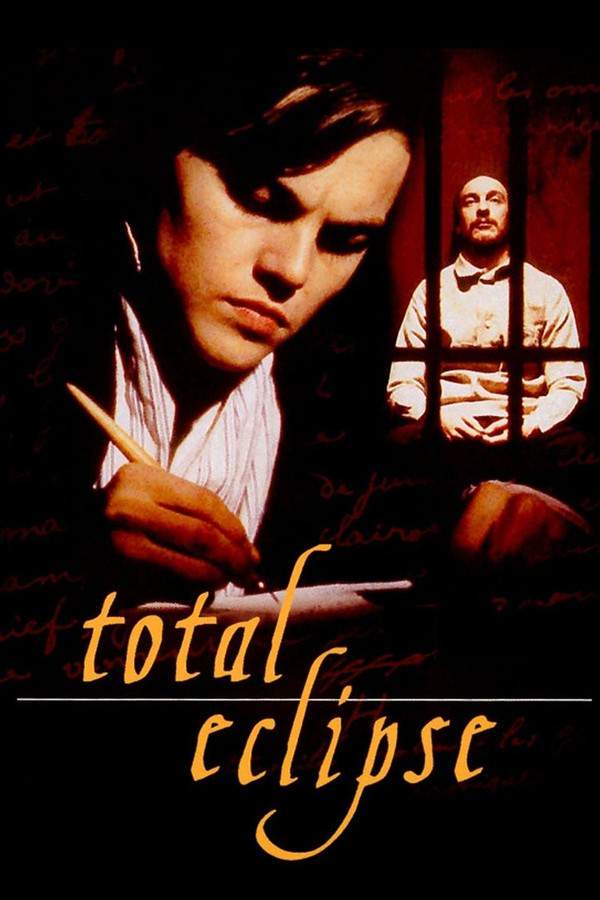

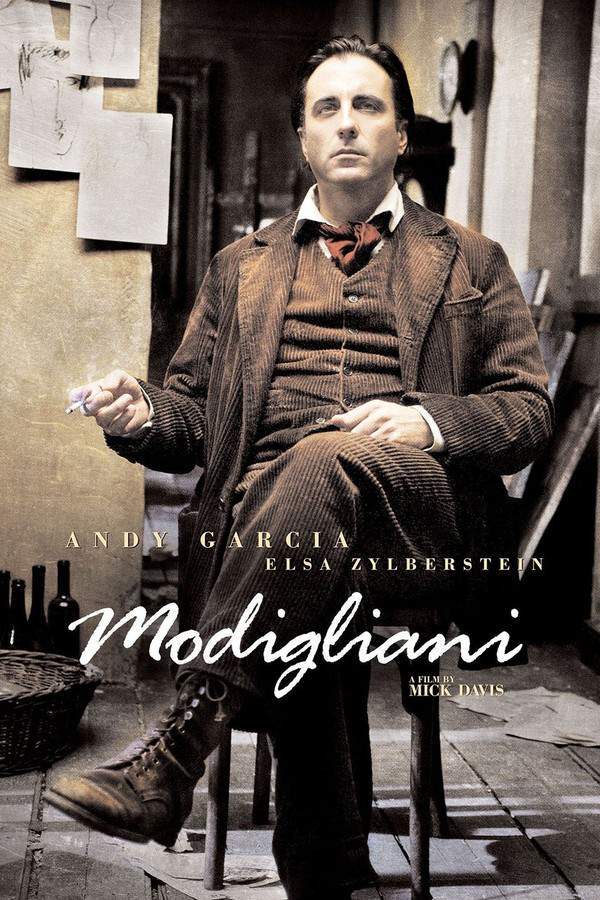
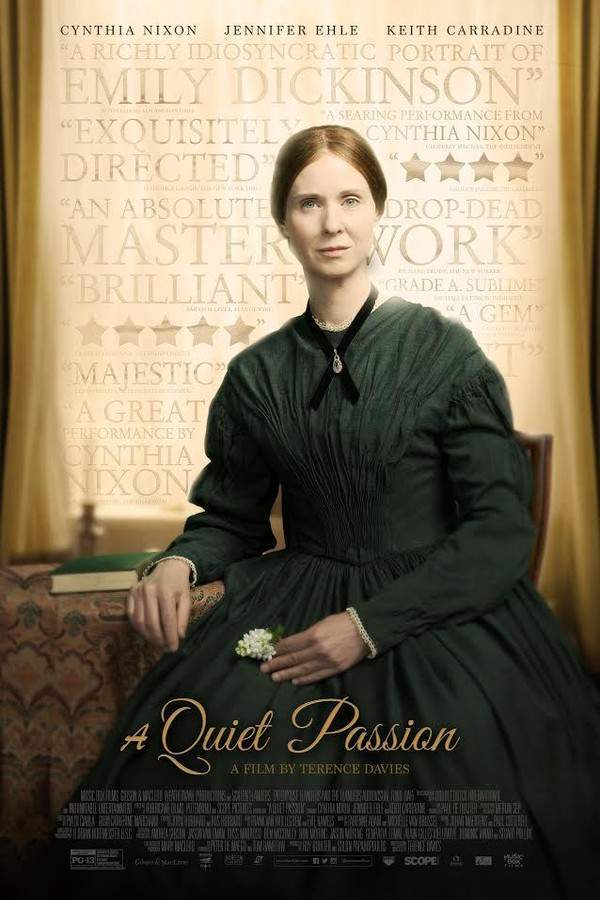
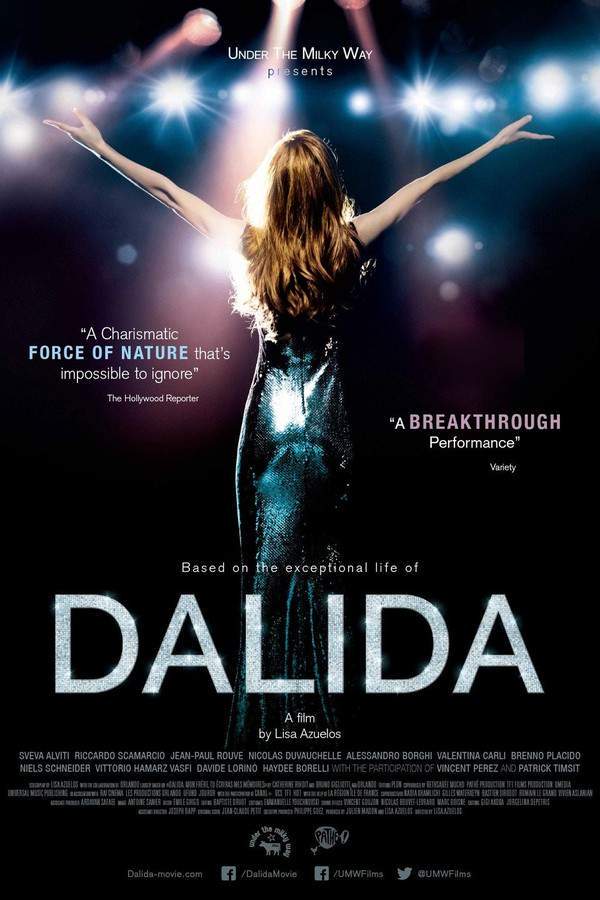
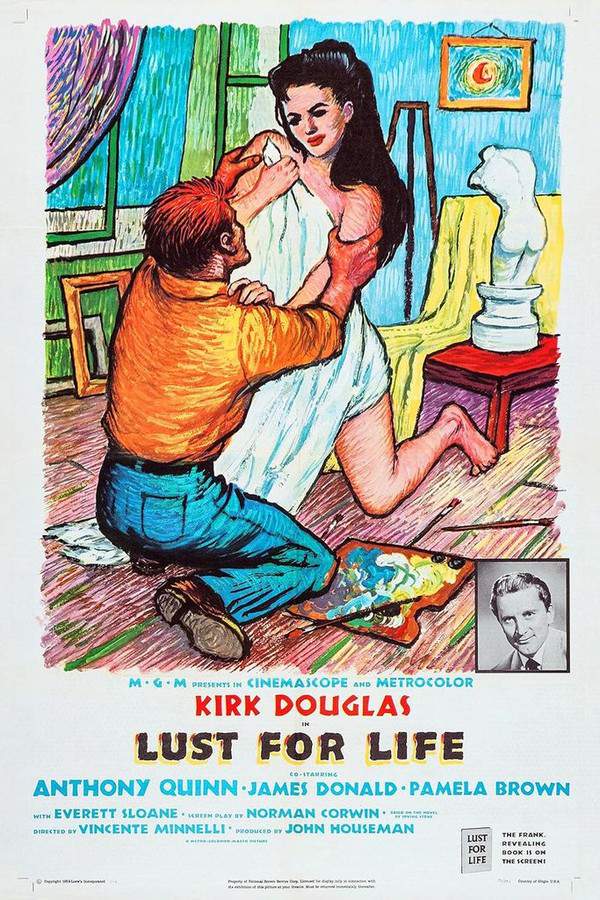
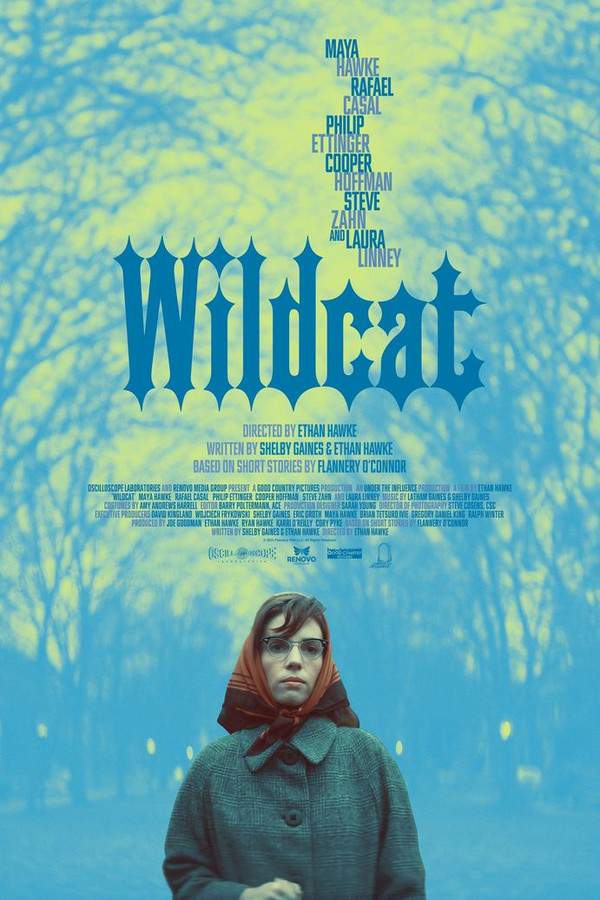





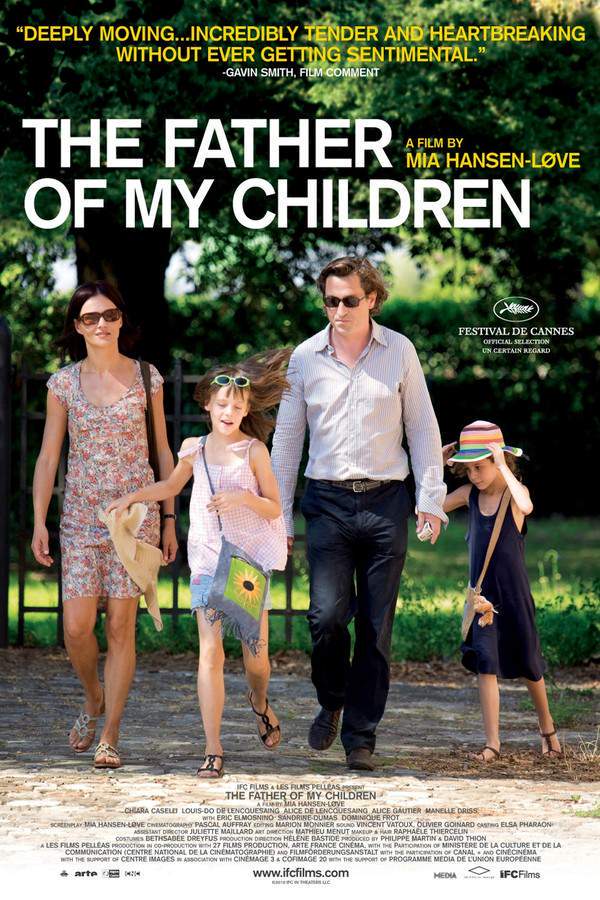
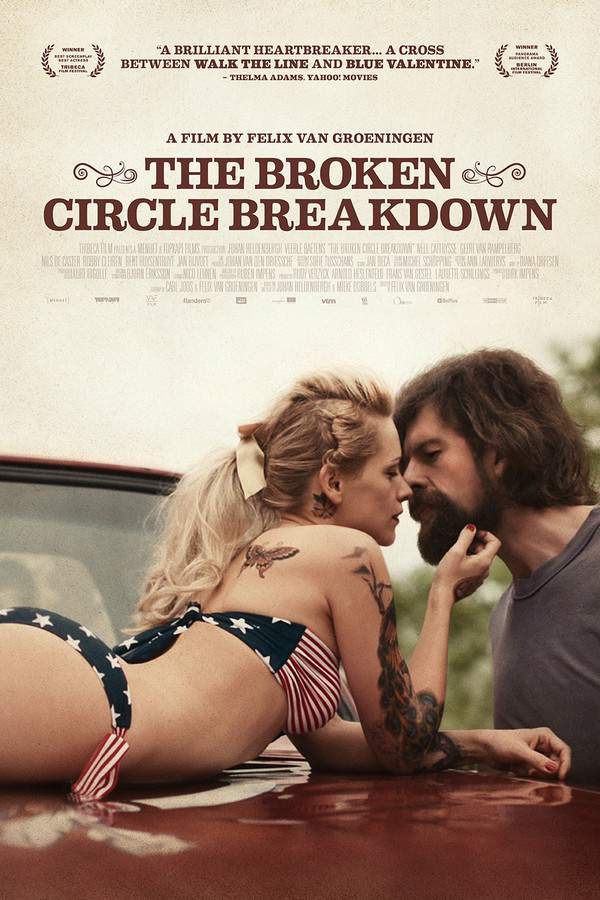
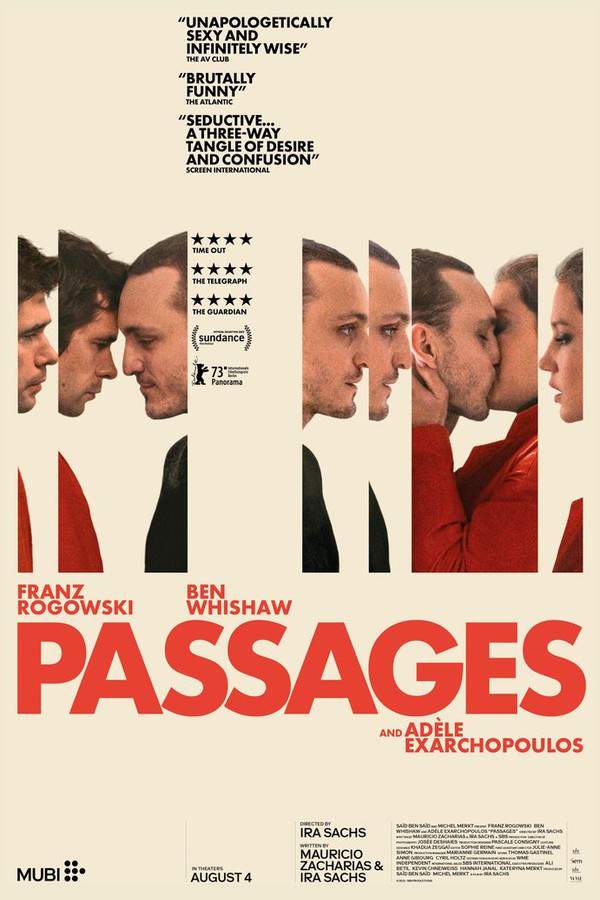
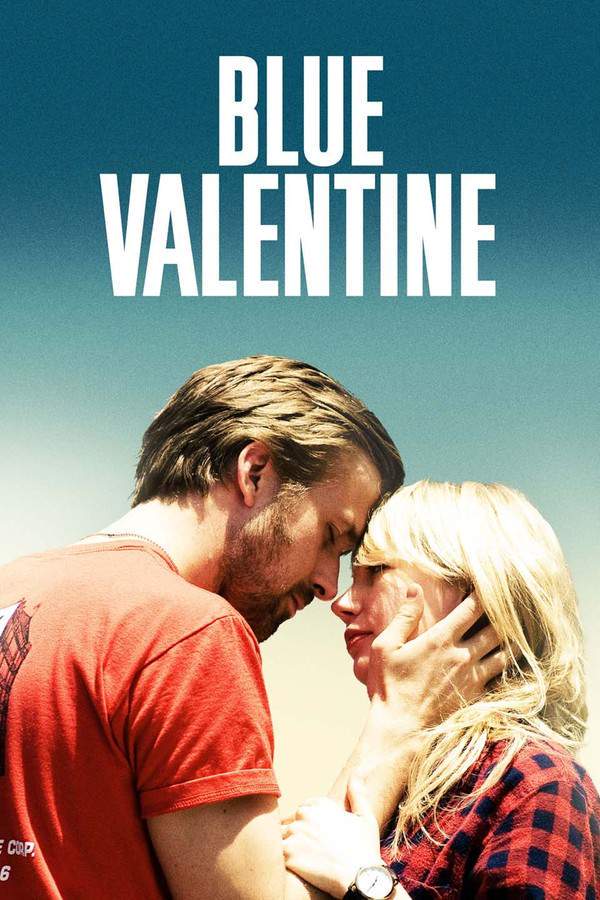
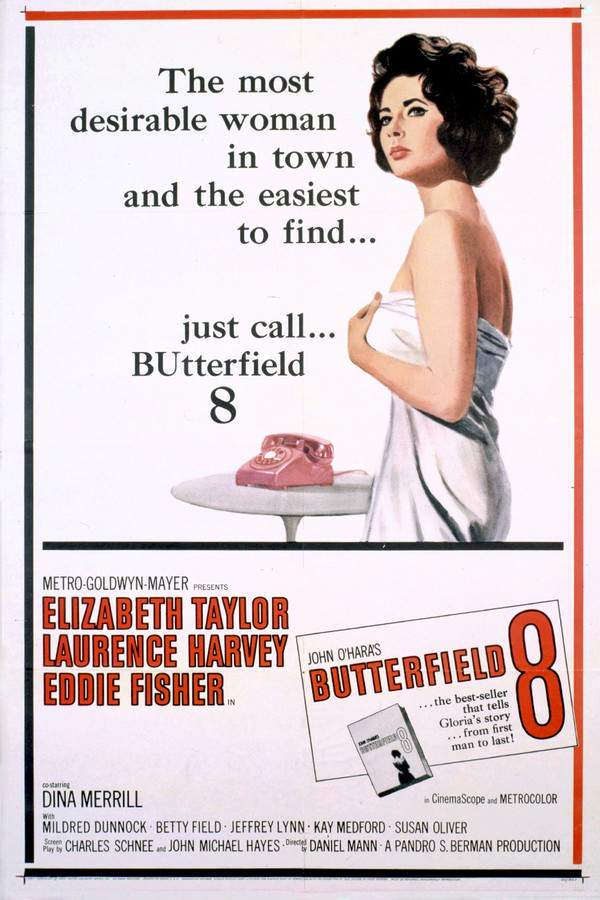



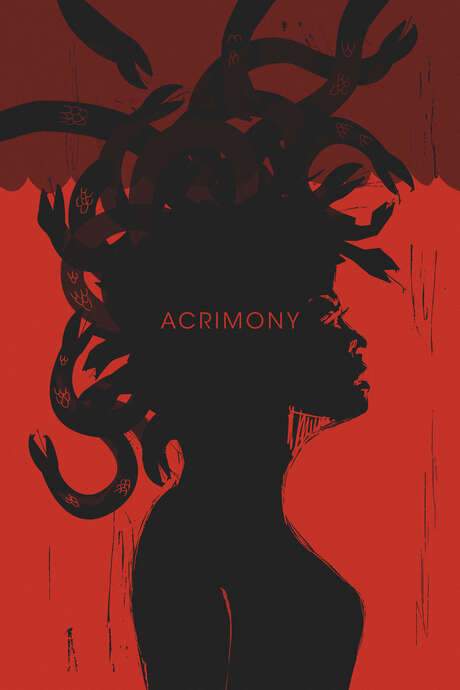
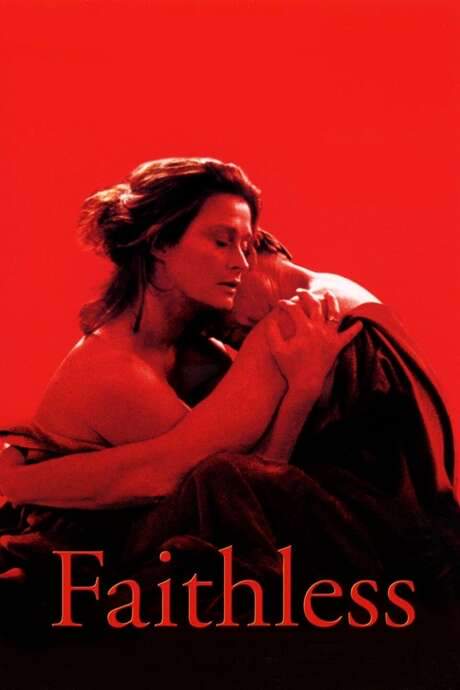
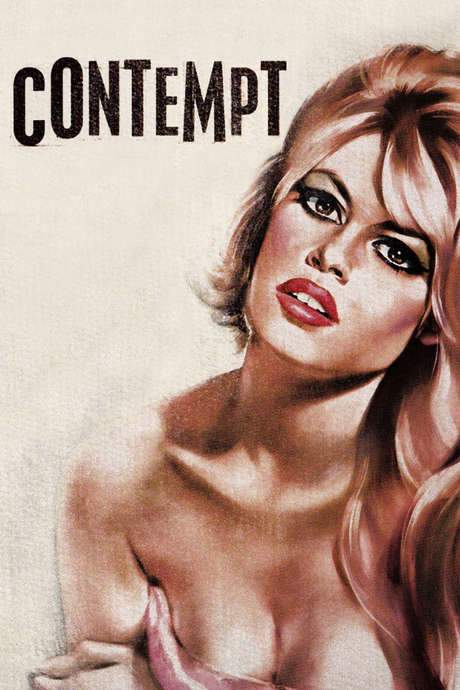



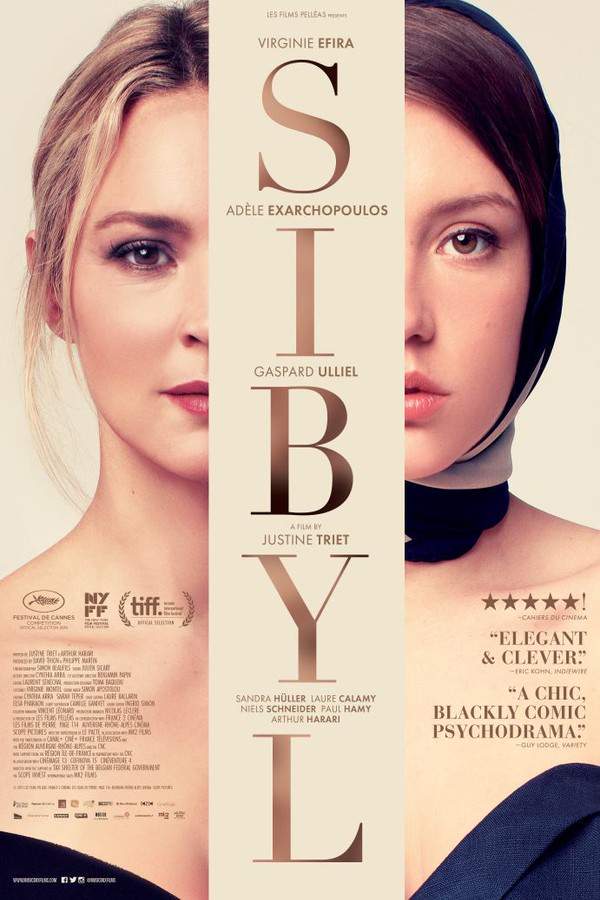
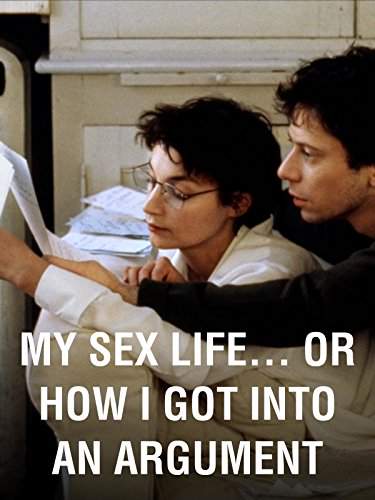
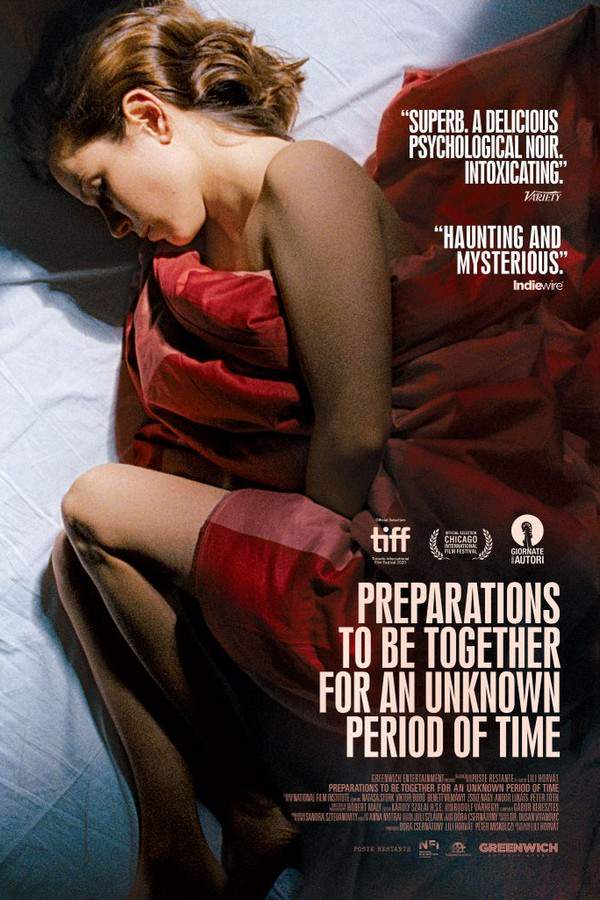
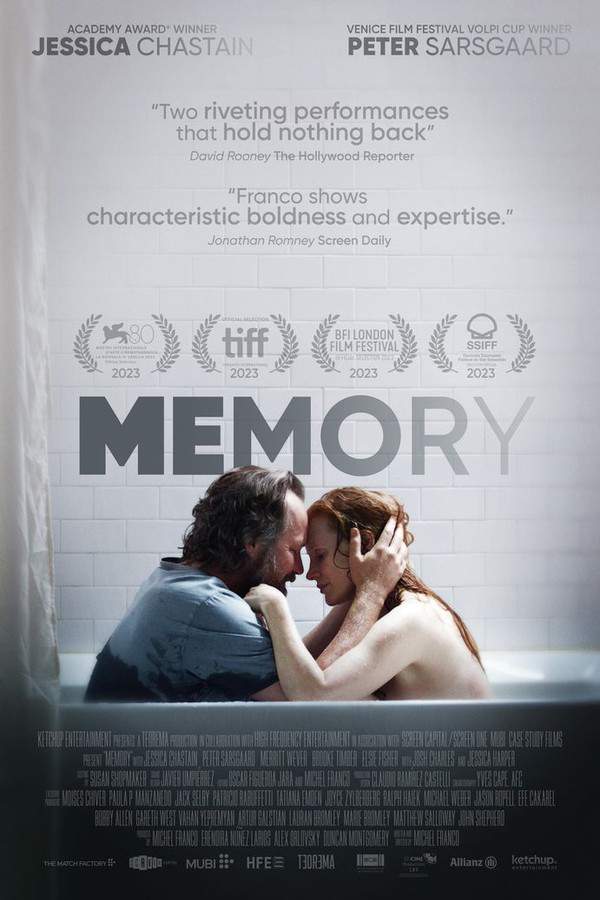

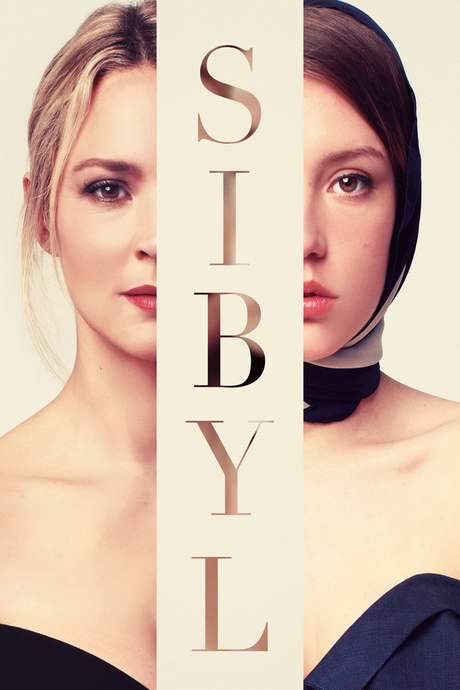

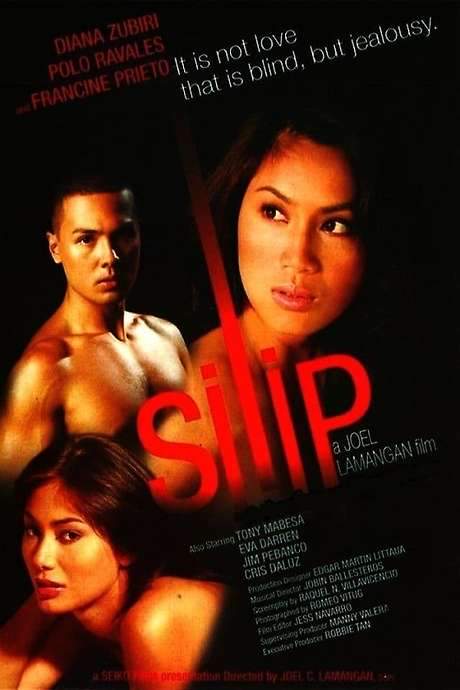


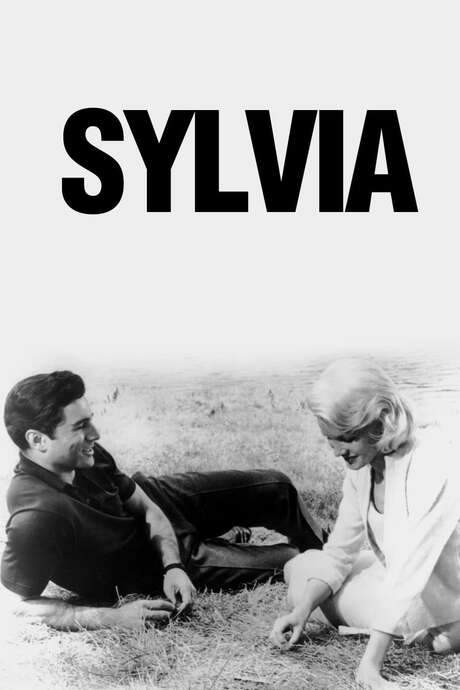
-qYtSTAg5iqAg1g.jpg)


